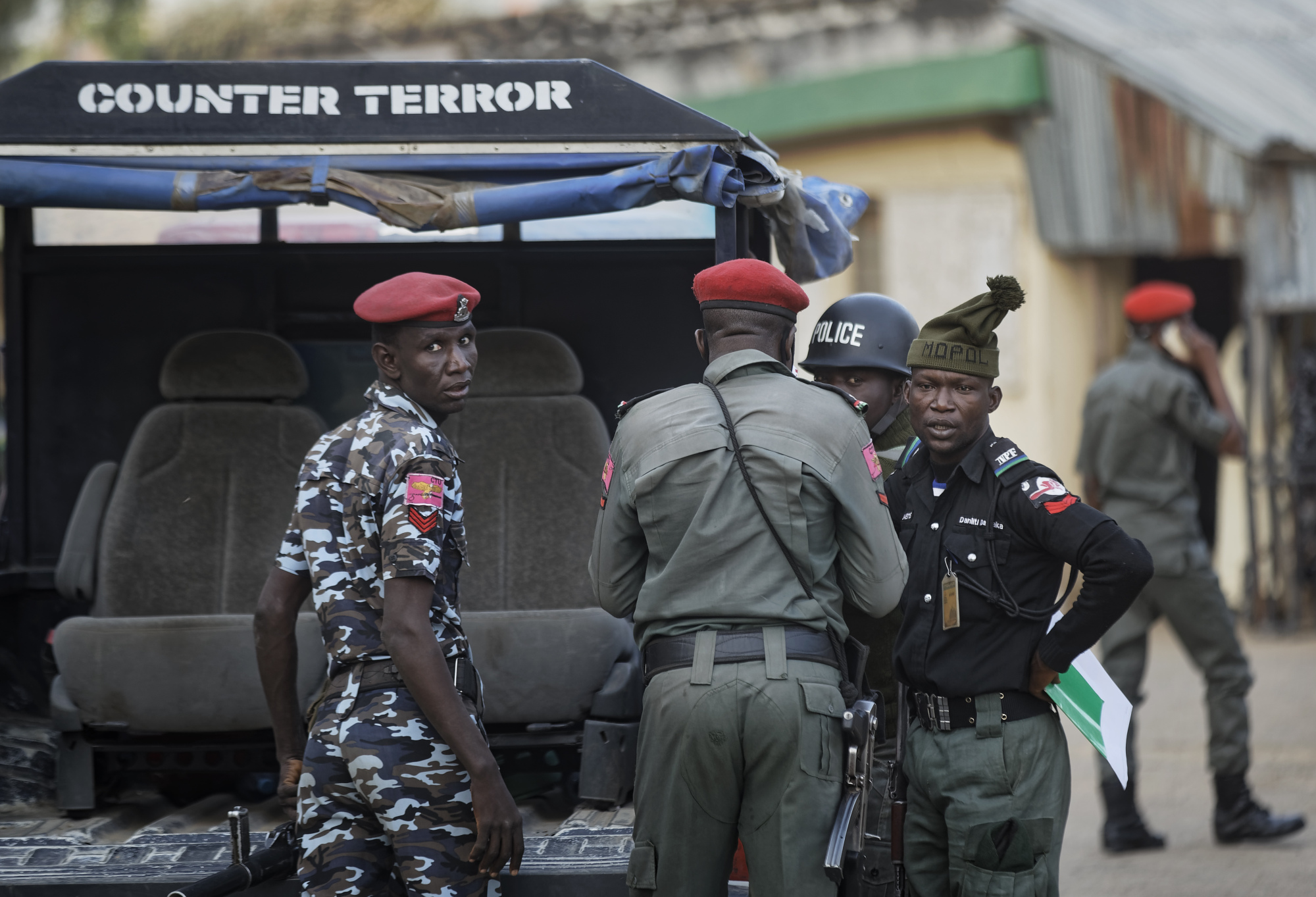When Nigerians go to the polls on Saturday, there'll be much more at stake than the presidency and seats in the parliament of Africa's most populous nation.
Democracy is on the back foot in Africa, and a credible and widely accepted outcome will go some way toward offsetting negative perceptions of the world's poorest continent. While most Nigerian elections since military rule ended in 1999 concluded acrimoniously, the last contest four years ago saw the first-ever transfer of power via the ballot box and was hailed as a watershed moment for the nation's almost 200 million people.
"The significance of the Nigerian elections for Africa is tremendous," said Nic Cheeseman, a professor of democracy and international development at the University of Birmingham in the U.K. "A flawed election and the political instability that this could generate would not only undermine confidence in the feasibility of democracy in one of Africa's most important states, but also slow economic growth in West Africa and the wider region."



















With your current subscription plan you can comment on stories. However, before writing your first comment, please create a display name in the Profile section of your subscriber account page.